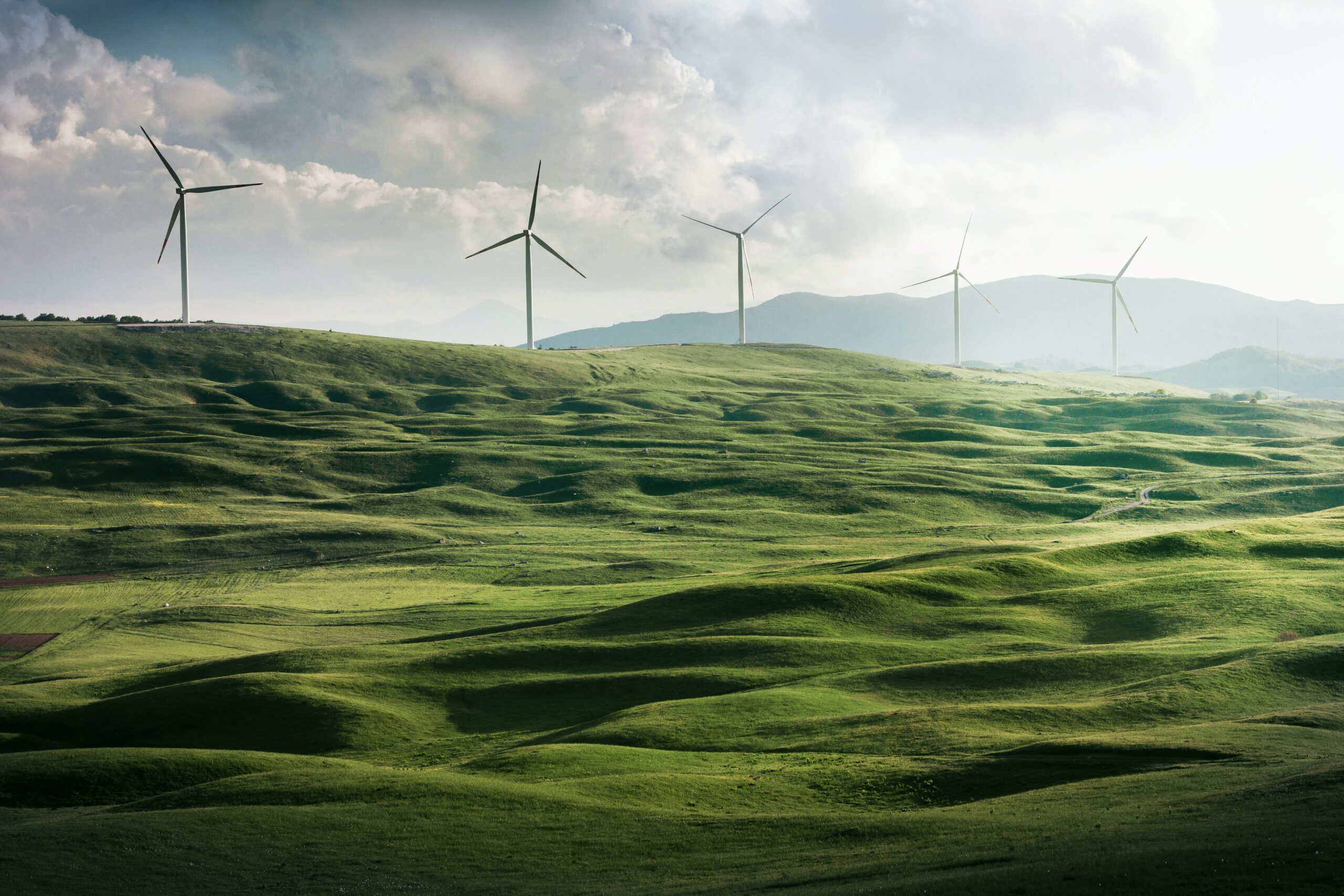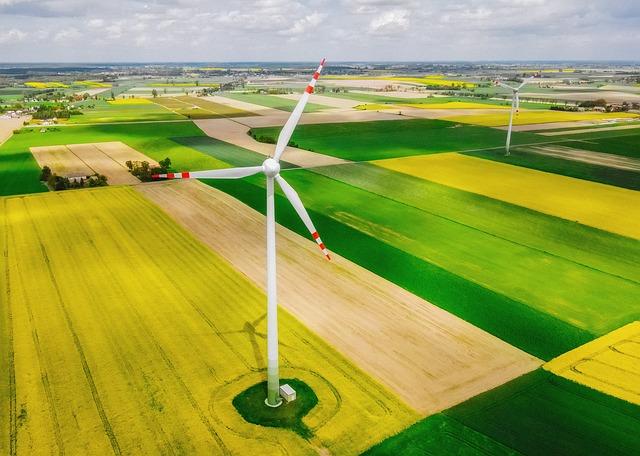As U.S. Tariffs Disrupt Green Trade, Can the UK Step Up?
Sweeping U.S. tariffs are transforming global trade, and the clean technology sector is feeling the impact. As international supply chains come under pressure and investment flows are disrupted, there are mounting calls for the UK to step up and lead the race to a low-carbon future.
On February 1st, US President Trump signed an executive order imposing tariffs on imports from Canada, Mexico, and China. Since then, the move has sparked a broader trade war, fuelling concerns about a slowdown in global economic growth.
Currently, a 10% baseline tariff applies to most U.S. imports, with significantly higher rates for Chinese goods. While the policy spans multiple sectors, cleantech is particularly vulnerable due to its complex global supply networks and reliance on steady investment.
Cleantech Caught in the Crossfire
A new report from S&P Global Ratings warns that shifting trade and environmental policies will make decarbonisation more challenging. Companies in power, utilities, and industrial sectors are especially cautious, with rising credit risk and growing uncertainty about returns on major green investments. The challenges are compounded by US political decisions, such as Congress’s 90-day freeze on Inflation Reduction Act (IRA) funding, which is slowing down critical investment into the clean energy transition.
Products like lithium batteries, solar panels, electric vehicles (EVs) and components for renewable energy infrastructure are now more expensive due to tariff-linked supply chain costs. North America’s EV supply chain has also been disrupted, just as momentum for electrification grows.
A Ripple Effect Across Europe
As U.S. tariffs reduce Chinese exports to the American market, surplus goods, like low-cost EV’S and solar panels, are being redirected to less protected markets like the EU. While this could lower prices for consumers, it also poses a serious threat to European manufacturers struggling to match China’s scale and pricing.
Marie-Laure Hicks, Head of Policy at the Aldersgate Group, highlights that escalating trade war between the U.S. and China presents major challenges for governments and businesses trying to reduce emissions.
Uncertainty and rising costs have limited investor confidence in critical sectors like automotive and steel. The S&P report also notes that, despite early investment in cleantech, many European firms face rising costs, shifting regulations, and weak demand for premium green products – barriers that make it tough to scale up or stay competitive.
The Case for UK Leadership
Despite the global headwinds, S&P sees the climate transition as an unstoppable trend that will shape economies for years. But with national politics, fragmented trade regimes, and uneven industrial policy, progress will vary by region.
Businesses are being forced to navigate this maze of uncertainty. Many remain hesitant to invest without clear incentives or regulatory stability. James Alexander, CEO of the UK Sustainable Investment and Finance Association (UKSIF), insists that despite the hurdles, the economic case for green transition remains strong.
Alexander believes these barriers can’t become an excuse for inaction. He feels the transition is still urgent and remains a huge economic opportunity. Last year, the UK’s green economy grew by 10%, and green jobs were 38% more productive than the national average. This shows the transition can be a powerful engine of growth if we get it right.
To help UK businesses weather the storm, the Treasury recently pledged £20bn to support exporters navigating new U.S. trade barriers.
A Strategic Window for the UK
Alexander believes the UK has an opportunity to become a global leader in clean investment. While the U.S. draws investment away from the Inflation Reduction Act (IRA), many investors have prioritised more predictable policy conditions. The UK can benefit if it plays to its strengths in sustainable finance and cleantech.
The UK must stay committed to emissions reductions. Clear, stable policies supporting low-carbon growth can boost confidence and attract capital currently held back by uncertainty. The upcoming Modern Industrial Strategy, expected this summer, is a critical moment. It marks the UK’s first major industrial policy update since 2017 and gives Chancellor Rachel Reeves a chance to align economic growth plans with climate goals.
But so far, Reeves has struggled to reassure the green sector. Recent support for airport expansion projects has drawn criticism, suggesting a preference for growth over climate. Meanwhile, workers see little change from the Government’s ‘Plan for Change’, and public support is wavering. Labour now faces stiff competition in the polls from Reform UK—a party that openly opposes the UK’s 2050 net-zero target.
The Road Ahead
As global trade dynamics shift and political winds change, countries offering stable, forward-looking climate and industrial policy will be best placed to lead. For the UK, that means seizing the moment – turning disruption into opportunity, and showing the world how a green economy can thrive amid global uncertainty.
For the latest Carbon Finance Jobs, Climate Finance Jobs, ESG Investment Jobs, Finance/Investment Jobs, Green Finance Jobs, Green Investment Jobs, Impact Investment Jobs, Natural Capital Jobs, Responsible Investment (RI) Jobs, Socially Responsible Investing (SRI) Jobs, Sustainable Finance Jobs and Sustainable Investment Jobs in the United Kingdom please visit – GreenJobs
For the latest Carbon Finance Jobs, Climate Finance Jobs, ESG Investment Jobs, Finance/Investment Jobs, Green Finance Jobs, Green Investment Jobs, Impact Investment Jobs, Natural Capital Jobs, Responsible Investment (RI) Jobs, Socially Responsible Investing (SRI) Jobs, Sustainable Finance Jobs and Sustainable Investment Jobs in Ireland please visit – GreenJobs (Ireland)
LOOKING TO HIRE TALENTED GREEN FINANCE AND INVESTMENT PROFESSIONALS?
We Can Help You To Find The Right Candidate & Save You Money. For more information please contact us at – info@greenjobs.co.uk – quoting the following promotional code – GREENFUTURE0705


